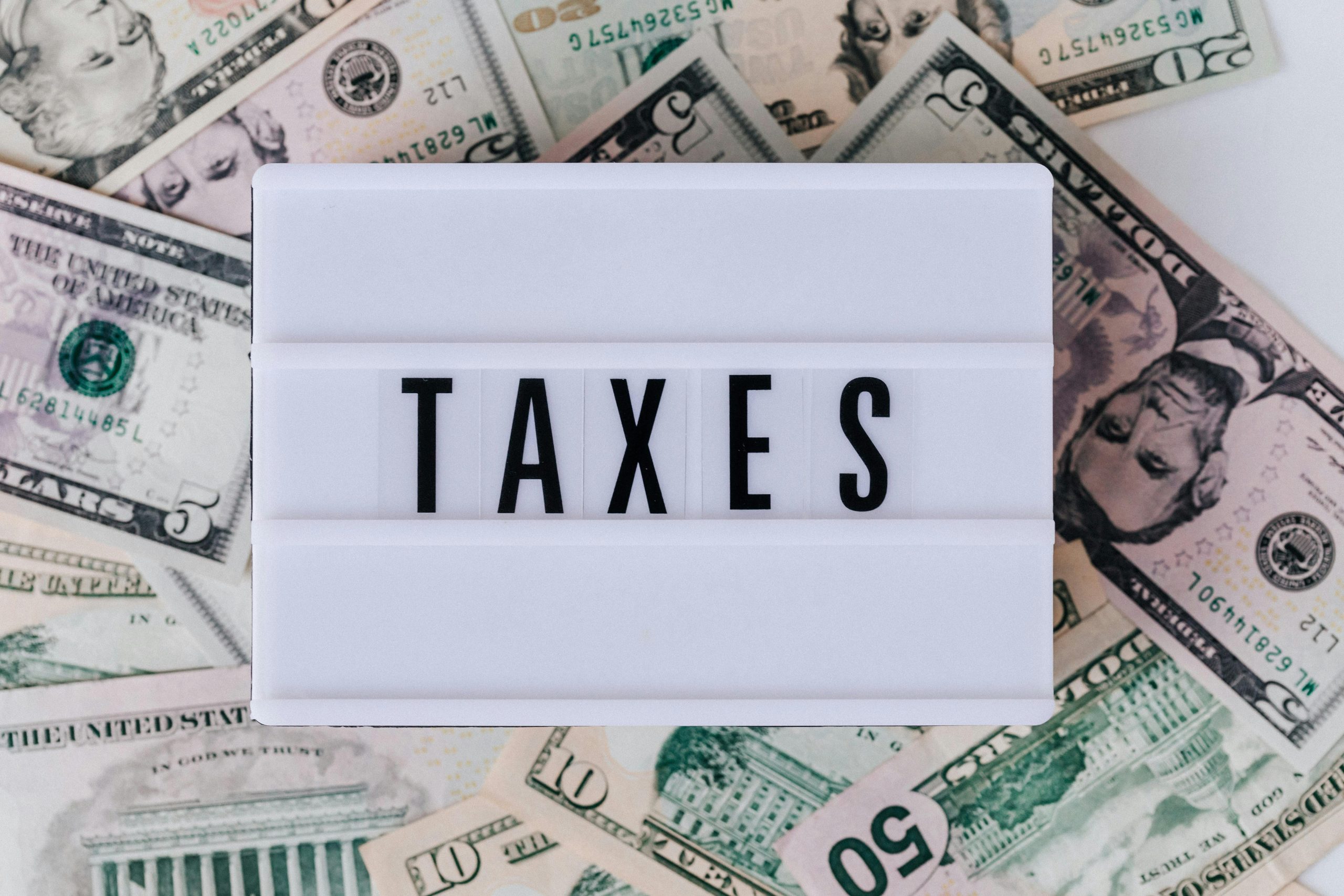
Inflation is a growing concern for individuals and families worldwide, as rising prices on everyday goods and services can erode purchasing power and strain budgets. As we move into 2025, understanding how inflation affects personal finances and learning effective strategies to manage it is crucial for financial well-being. In this article, we’ll explore expert tips on how to navigate inflation, safeguard your savings, and stay financially secure during challenging economic times.
1. Understanding Inflation and Its Impact
Inflation refers to the general increase in prices over time, which leads to a reduction in the purchasing power of money. While inflation can vary by region and product, it typically affects the cost of living across the board—food, housing, energy, transportation, and healthcare are all subject to rising prices. In 2025, many economies are grappling with inflationary pressures, and understanding how these changes can impact your personal finances is essential.
For example, if inflation is running at 5%, the same goods and services you purchased last year will cost you 5% more. This can significantly affect your monthly budget, especially if your income is not growing at the same rate.

2. Protecting Your Savings from Inflation
One of the biggest challenges during inflationary periods is the erosion of savings. Money sitting in traditional savings accounts with low interest rates can lose value over time as inflation outpaces the returns on your savings. To protect your savings, consider these strategies:
– **High-Yield Savings Accounts**: Look for high-yield savings accounts or money market accounts that offer better interest rates than standard savings accounts. These accounts can help mitigate the impact of inflation on your cash reserves.
– **Inflation-Protected Investments**: Consider investing in assets designed to hedge against inflation, such as Treasury Inflation-Protected Securities (TIPS) or inflation-linked bonds. These investments adjust their value based on inflation, providing a safeguard for your money.
– **Diversified Investment Portfolio**: Diversifying your investments into assets like real estate, stocks, and commodities can help protect against inflation. Real estate, for instance, tends to appreciate in value during periods of inflation, while stocks of companies with pricing power may benefit from the ability to pass on higher costs to consumers.

3. Adjusting Your Budget to Account for Rising Prices
When inflation drives up the cost of goods and services, it’s essential to reassess your budget. The first step is to track your spending and identify areas where you can cut back. Consider the following budgeting tips:
– **Prioritize Essentials**: Focus your spending on necessary items such as food, housing, transportation, and healthcare. Non-essential purchases, such as luxury items or dining out, should be reduced or eliminated if possible.
– **Negotiate Bills and Subscriptions**: With inflation pushing up costs across the board, negotiate with service providers for better deals on utilities, insurance, and subscriptions. Consider switching to more affordable alternatives if you’re not locked into a contract.
– **Use Discount and Loyalty Programs**: Take advantage of discounts, coupons, and loyalty programs to reduce your grocery and shopping bills. Many retailers offer special deals for members, so signing up for these programs can help you save over time.

4. Smart Investing Strategies During Inflation
Inflation presents both challenges and opportunities for investors. While rising prices can harm traditional investment vehicles like bonds and cash, certain asset classes can outperform during inflationary periods. Here are some smart investing strategies to consider:
– **Stocks with Pricing Power**: Look for companies that can pass on higher costs to customers without affecting demand for their products. These typically include businesses in sectors like consumer staples, energy, and utilities, which are less sensitive to economic fluctuations.
– **Commodities and Precious Metals**: Commodities like gold, silver, and oil often perform well during inflation because their prices tend to rise in response to increased demand. Investing in commodity-focused ETFs or direct investments in these resources can provide a hedge against inflation.
– **Real Estate**: Property can be a strong inflation hedge as real estate often appreciates in value over time, especially in high-demand areas. Real estate investment trusts (REITs) offer a more liquid way to gain exposure to property markets without having to buy physical real estate.
– **Cryptocurrency**: Some investors view cryptocurrencies like Bitcoin as a hedge against inflation due to their decentralized nature and limited supply. However, cryptocurrency markets can be volatile, so consider your risk tolerance before investing.

5. Earning More: Side Gigs and Passive Income
In times of inflation, your income may not be keeping pace with rising costs. To counter this, consider increasing your income through side gigs or passive income streams. Some options include:
– **Freelance Work**: If you have specialized skills, consider freelancing in areas such as writing, graphic design, or programming. Many platforms, like Upwork or Fiverr, make it easier to find clients looking for freelance help.
– **Online Businesses**: Starting an online business, such as an e-commerce store or a digital service, can provide a lucrative side income. This can be done on a part-time basis while you maintain your regular job.
– **Passive Income**: Consider investments that generate passive income, such as dividend-paying stocks, rental properties, or peer-to-peer lending platforms. These can supplement your primary income without requiring continuous active effort.
6. Preparing for Future Economic Uncertainty
Inflation is just one aspect of economic uncertainty, which can also include recessions, job loss, or geopolitical issues. To weather future financial challenges, consider:
– **Building an Emergency Fund**: Having a substantial emergency fund can help you manage unforeseen expenses during times of inflation or economic downturns. Aim to save at least three to six months’ worth of living expenses in a liquid account.
– **Debt Management**: High-interest debt, like credit card balances, becomes more expensive during inflation. Focus on paying down high-interest debt to reduce financial strain. If you have a mortgage or other loans, refinancing to lock in a lower interest rate can also help.
Conclusion
Inflation is a significant challenge, but by taking proactive steps, you can protect your finances, manage rising costs, and even thrive in an inflationary environment. Whether through smart investing, budget adjustments, or increasing your income, you can build a strong financial foundation that helps you weather inflation in 2025 and beyond. Stay informed, be strategic, and focus on securing your financial future.






